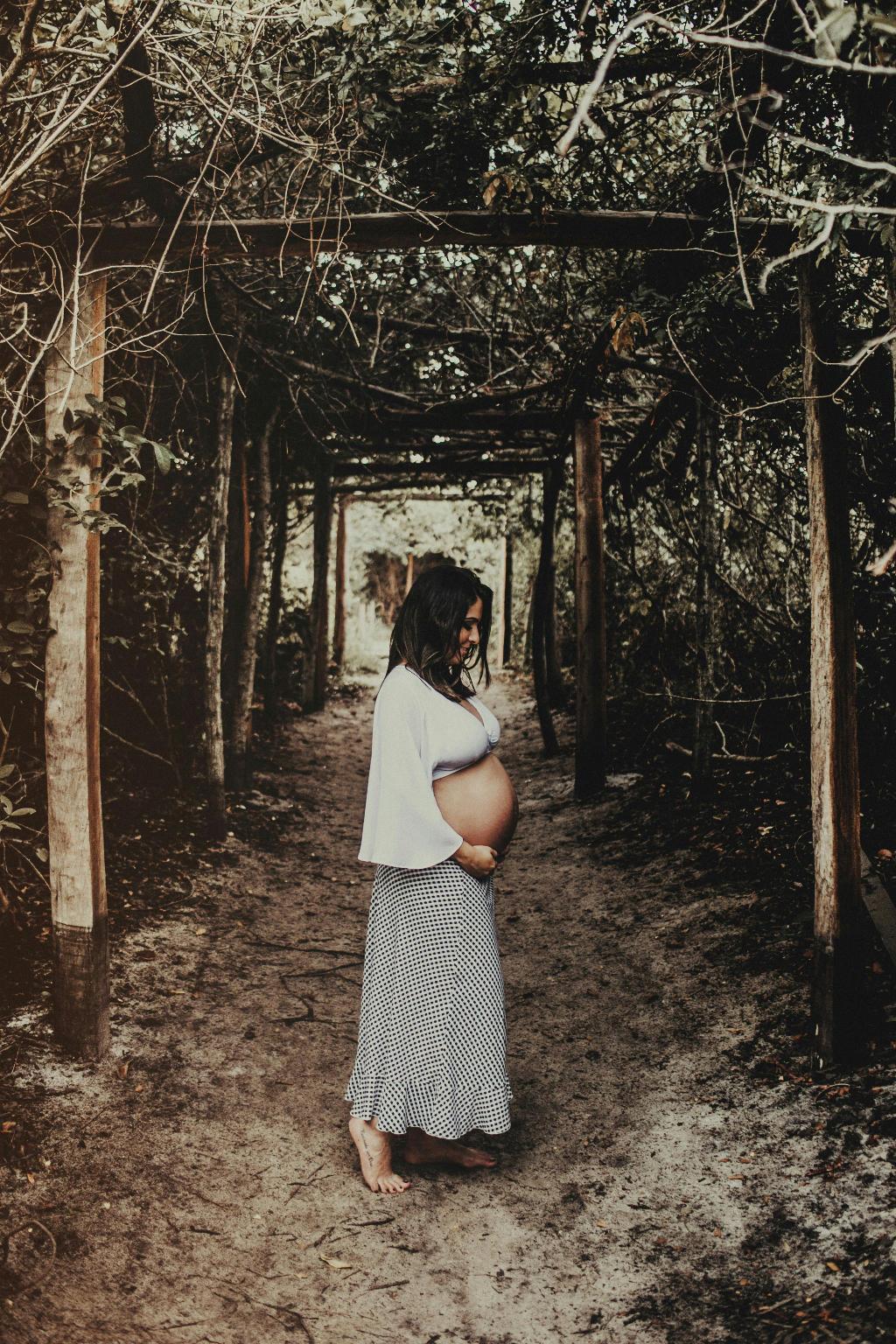Discovering you’re pregnant can be an exciting and emotional time, but it can also bring about physical changes that may leave you wondering about the sensations in your stomach during those initial weeks.
Common Causes of Stomach Pains in Early Pregnancy
Stomach pains or cramps during early pregnancy are often attributed to various normal physiological processes. These discomforts are typically a result of the womb expanding to make room for the growing fetus, ligaments stretching to support the uterus, hormonal fluctuations, constipation, or trapped wind.
Understanding Womb Expansion
One of the primary reasons behind stomach discomfort in early pregnancy is the expansion of the womb. As the fertilized egg implants itself in the uterus and begins to grow, the uterus expands gradually, causing mild to moderate cramping or a pulling sensation in the lower abdomen.
Impact of Ligament Stretching
During the first few weeks of pregnancy, the ligaments that support the uterus experience stretching to accommodate the increasing size of the womb. This stretching can lead to sharp or dull pains around the lower abdomen and is a common cause of discomfort in early pregnancy.
Role of Hormonal Changes
Hormonal fluctuations, particularly the surge in progesterone levels, can also play a significant role in causing stomach sensations in the initial stages of pregnancy. These hormonal shifts can affect the smooth muscles of the digestive tract, potentially leading to bloating, gas, or abdominal cramps.
Dealing with Constipation
Constipation is a prevalent issue for many pregnant individuals, especially in the early weeks of gestation. Hormonal changes can slow down bowel movements, leading to constipation, abdominal discomfort, and bloating, which may be mistaken for stomach pains.
Addressing Trapped Wind
Trapped wind, also known as gas or flatulence, can contribute to stomach discomfort during early pregnancy. The hormonal changes affecting digestion, coupled with the pressure exerted by the expanding uterus on the intestines, can result in bloating, cramping, or a gassy feeling.
When to Seek Medical Advice
While mild stomach pains are typically considered normal in early pregnancy, it’s essential to monitor your symptoms closely. If you experience severe or persistent abdominal pain, cramping accompanied by vaginal bleeding, fever, chills, dizziness, or difficulty breathing, it’s crucial to seek medical attention promptly.
Managing Discomfort
There are several strategies you can employ to alleviate stomach discomfort during the first weeks of pregnancy. Maintaining a balanced diet rich in fiber, staying hydrated, engaging in gentle exercise, practicing relaxation techniques, and using heat packs can help ease cramps, bloating, and gas.
Conclusion
In conclusion, the stomach sensations experienced in the early weeks of pregnancy are often a result of the body adjusting to the changes associated with gestation. By understanding the common causes of stomach pains and employing appropriate self-care measures, you can navigate this phase with greater comfort and peace of mind.

